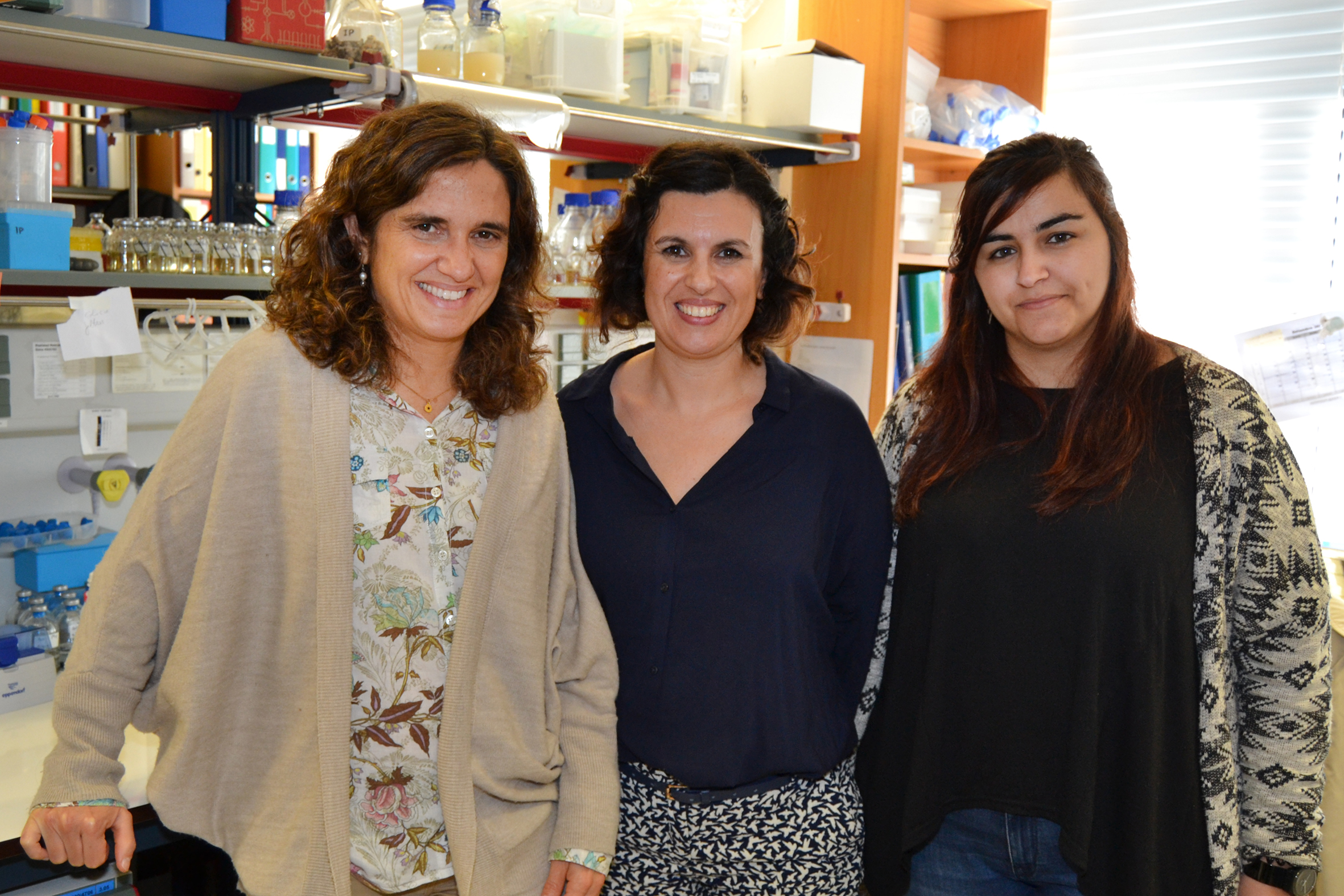Bacterial nanoparticles help clean the environment
Oeiras, 16.11.2016
The widespread occurrence of pharmaceutical products in the environment has become a serious worldwide problem. The medicines used regularly for humans and animals are mostly excreted in unaltered form or as active metabolites, and there is still a lack for efficient tools to detect and remove them in wastewater treatment plants. These products go from being pharmaceutical drugs to becoming pollutants, as they are persistent in surface water, in sea and groundwater and are even present in drinking water in some countries. To prevent environmental contamination and its adverse effects, it is essential to develop effective strategies to remove these compounds from wastewaters.
Currently available technologies for the degradation of pharmaceutical products involve oxidation processes, which are sometimes inefficient or can lead to the production of even more toxic products. Now, researchers from the Inês Cardoso Pereira and Teresa Crespo laboratories of ITQB NOVA and iBET, together with João Paulo Noronha from FCT NOVA, report a novel approach based on reductive catalysis using biological metal nanoparticles produced by bacteria. They demonstrate for the first time that platinum nanoparticles synthesized using an anaerobic bacterium have high catalytic activity in the reductive removal of two antibiotics (sulfamethoxazole and ciprofloxacin) and one estrogen (17β-estradiol). Moreover, the products formed from 17β-estradiol degradation have significantly decreased estrogenic activity, unlike previously reported methods.
This is the first time that the catalytic activity of biogenic platinum nanoparticles is reported, and also the first time that these catalysts were shown to be efficient in the removal of pharmaceutical products. So, this study is a proof-of-concept that reductive catalysis using such particles is an innovative technology for water treatment processes. The work is published in Water Research, one of the top journals in Environmental Sciences.
Presently, the researchers are developing a scale-up process to treat pharmaceutical-containing wastewaters using these nanocatalysts.

Researchers Inês Cardoso Pereira, Mónica Martins and Cláudia Morato
ORIGINAL ARTICLE
Water Research 2016, http://dx.doi.org/10.1016/j.watres.2016.10.071
Mónica Martins*, Cláudia Mourato, Sandra Sanches, João Paulo Noronha, M.T. Barreto Crespo, Inês A.C. Pereira*.







